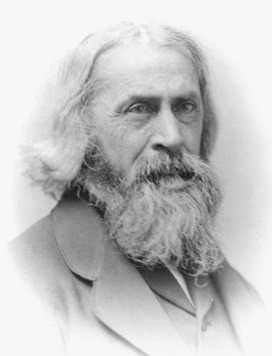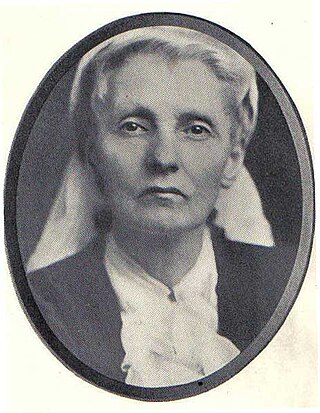Contents
| |||
|---|---|---|---|
| +... |
This article needs additional citations for verification .(April 2021) |
1914 in philosophy
| |||
|---|---|---|---|
| +... |
This article needs additional citations for verification .(April 2021) |
1914 in philosophy

Charles Sanders Peirce was an American scientist, mathematician, logician, and philosopher who is sometimes known as "the father of pragmatism". According to philosopher Paul Weiss, Peirce was "the most original and versatile of America's philosophers and America's greatest logician". Bertrand Russell wrote "he was one of the most original minds of the later nineteenth century and certainly the greatest American thinker ever".
Semiotics is the systematic study of sign processes and the communication of meaning. In semiotics, a sign is defined as anything that communicates intentional and unintentional meaning or feelings to the sign's interpreter.

Cannes is a city located on the French Riviera. It is a commune located in the Alpes-Maritimes department, and host city of the annual Cannes Film Festival, Midem, and Cannes Lions International Festival of Creativity. The city is known for its association with the rich and famous, its luxury hotels and restaurants, and for several conferences.

Alexander Campbell Fraser was a Scottish theologian and philosopher.

Benjamin Peirce was an American mathematician who taught at Harvard University for approximately 50 years. He made contributions to celestial mechanics, statistics, number theory, algebra, and the philosophy of mathematics.
The year 1839 in science and technology involved some significant events, listed below.

Objective idealism is a philosophical theory that affirms the ideal and spiritual nature of the world and conceives of the idea of which the world is made as the objective and rational form in reality rather than as subjective content of the mind or mental representation. Objective idealism thus differs both from materialism, which holds that the external world is independent of cognizing minds and that mental processes and ideas are by-products of physical events, and from subjective idealism, which conceives of reality as totally dependent on the consciousness of the subject and therefore relative to the subject itself.

Victoria, Lady Welby, more correctly Lady Welby-Gregory, was a self-educated British philosopher of language, musician and watercolourist.
Peirce is an English surname. Notable people with this surname include:

Originally, fallibilism is the philosophical principle that propositions can be accepted even though they cannot be conclusively proven or justified, or that neither knowledge nor belief is certain. The term was coined in the late nineteenth century by the American philosopher Charles Sanders Peirce, as a response to foundationalism. Theorists, following Austrian-British philosopher Karl Popper, may also refer to fallibilism as the notion that knowledge might turn out to be false. Furthermore, fallibilism is said to imply corrigibilism, the principle that propositions are open to revision. Fallibilism is often juxtaposed with infallibilism.

This Charles Sanders Peirce bibliography consolidates numerous references to the writings of Charles Sanders Peirce, including letters, manuscripts, publications, and Nachlass. For an extensive chronological list of Peirce's works, see the Chronologische Übersicht on the Schriften (Writings) page for Charles Sanders Peirce.
Charles Pearce may refer to:
Charles Pierce may refer to:

Tychism is a thesis proposed by the American philosopher Charles Sanders Peirce that holds that absolute chance, or indeterminism, is a real factor operative in the universe. This doctrine forms a central part of Peirce's comprehensive evolutionary cosmology. It may be considered both the direct opposite of Albert Einstein's oft quoted dictum that: "God does not play dice with the universe" and an early philosophical anticipation of Werner Heisenberg's uncertainty principle.
Events from the year 1839 in the United States.
Purse is an English and Scottish surname. Notable people with the surname include:

Charles Santiago Sanders Peirce was the adopted name of Charles Sanders Peirce, an American philosopher, logician, mathematician, and scientist. Peirce's name appeared in print as "Charles Santiago Peirce" as early as 1890. Starting in 1906 he used "Santiago" in many of his own articles. There is no well-documented explanation of why Peirce adopted the middle name "Santiago" but speculations and beliefs of contemporaries and scholars focused on his gratitude to his old friend William James and more recently on Peirce's second wife Juliette.
2014 in philosophy